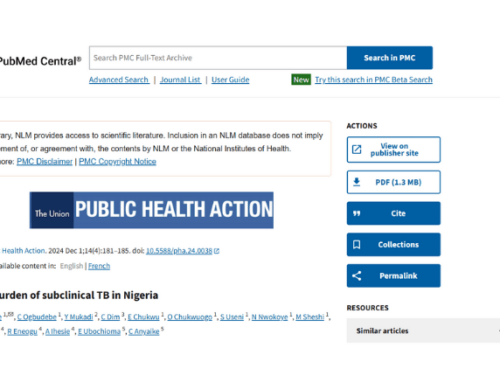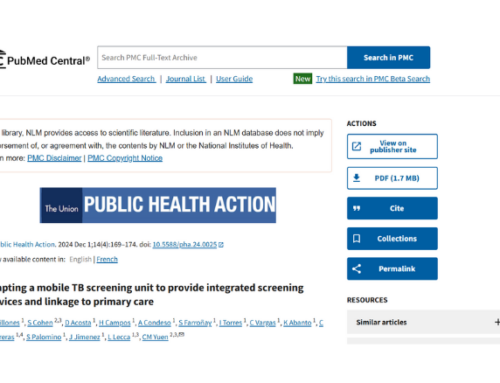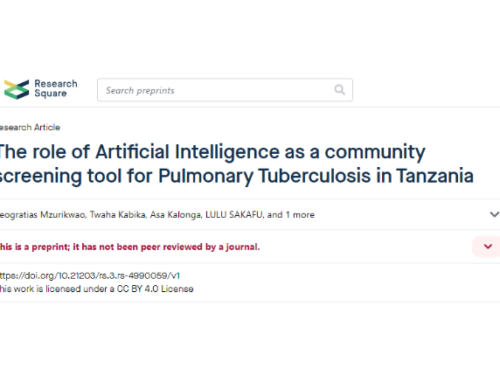Serial Mass Screening for Tuberculosis Among Incarcerated Persons in Brazil
🔗2024
🔗Journal/Publication: Clinical Infectious Diseases
🔗Read it in full version: https://doi.org/10.1093/cid/ciae055
Abstract
Background: An active search for tuberculosis cases through mass screening is widely described as a tool to improve case detection in hyperendemic settings. However, its effectiveness in high-risk populations, such as incarcerated people, is debated.
Methods: Between 2017 and 2021, 3 rounds of mass screening were carried out in 3 Brazilian prisons. Social and health questionnaires, chest X-rays, and Xpert MTB/RIF were performed.
Results: More than 80% of the prison population was screened. Overall, 684 cases of pulmonary tuberculosis were diagnosed. Prevalence across screening rounds was not statistically different. Among incarcerated persons with symptoms, the overall prevalence of tuberculosis per 100 000 persons was 8497 (95% confidence interval [CI], 7346–9811), 11 115 (95% CI, 9471–13 082), and 7957 (95% CI, 6380–9882) in screening rounds 1, 2, and 3, respectively. Similar to our overall results, there were no statistical differences between screening rounds and within individual prisons. We found no statistical differences in Computer-Aided Detection for TB version 5 scores across screening rounds among people with tuberculosis—the median scores in rounds 1, 2, and 3 were 82 (interquartile range [IQR], 63–97), 77 (IQR, 60–94), and 81 (IQR, 67–92), respectively.
Conclusions: In this environment with hyperendemic rates of tuberculosis, 3 rounds of mass screening did not reduce the overall tuberculosis burden. In prisons, where a substantial number of tuberculosis cases is undiagnosed annually, a range of complementary interventions and more frequent tuberculosis cases screening may be required.



